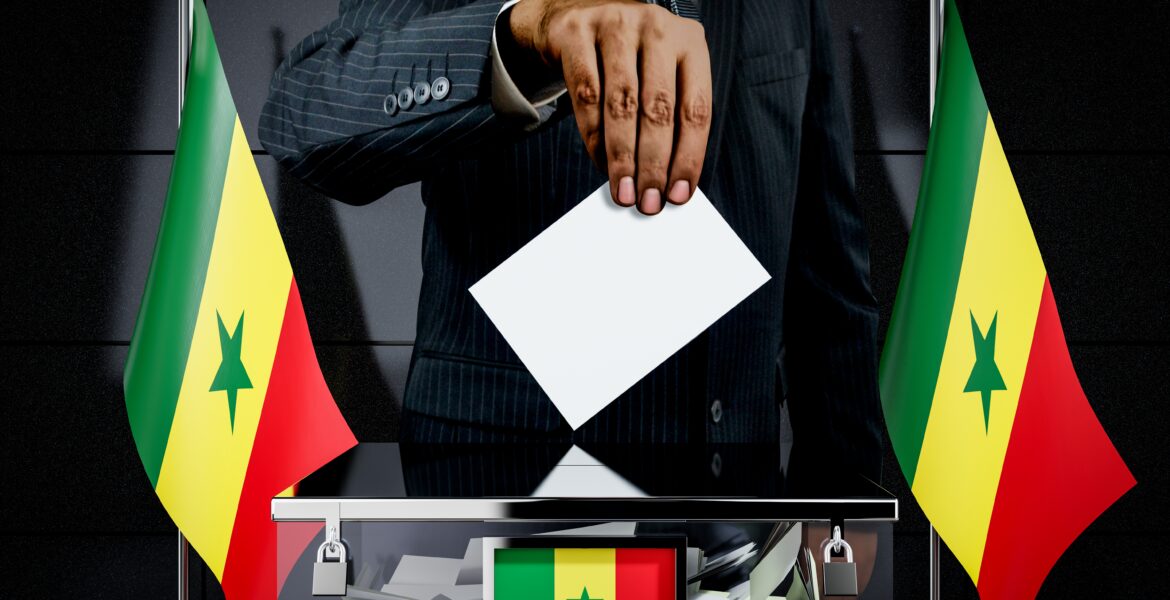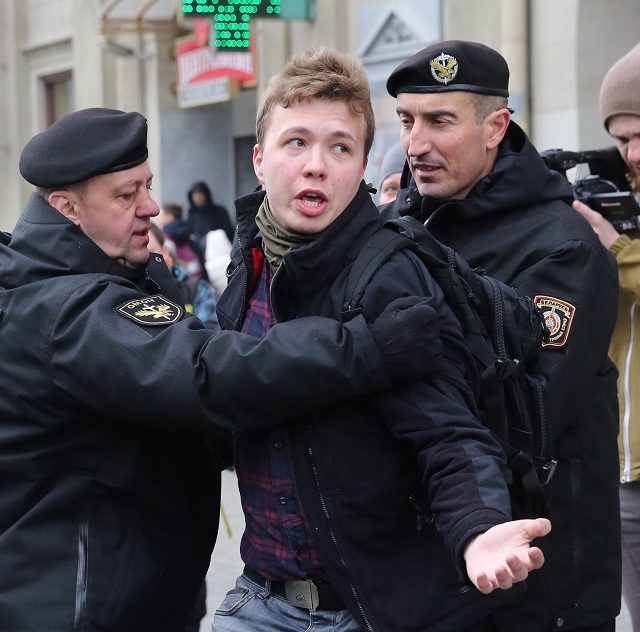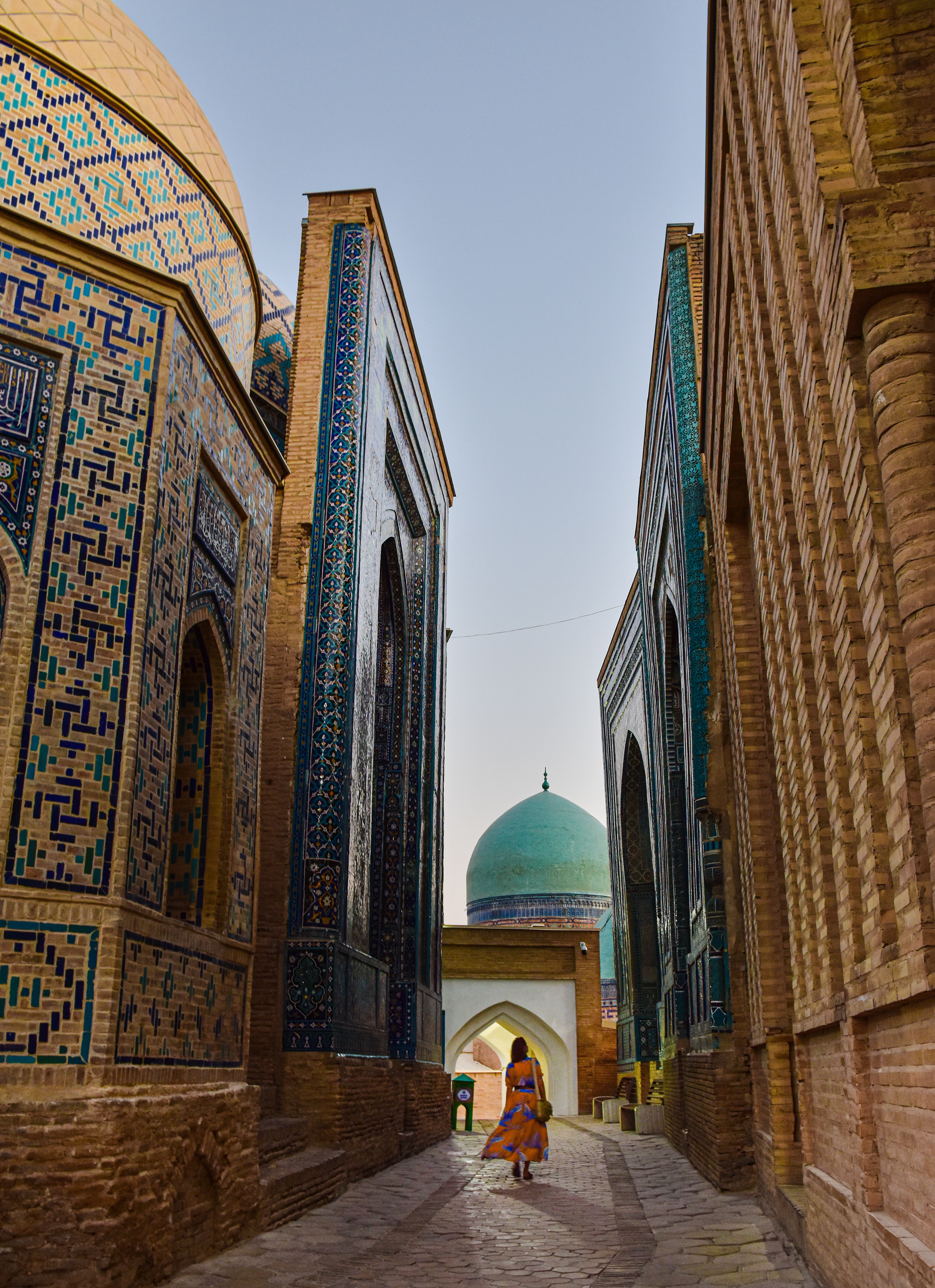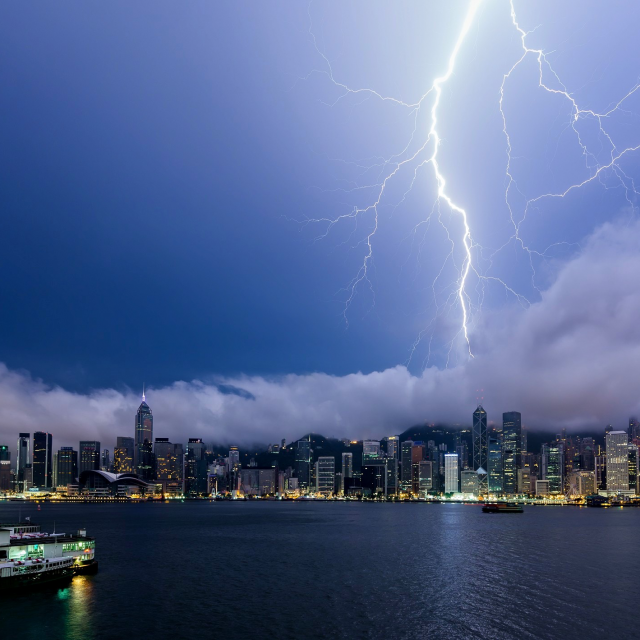The year 2024 is a huge year for elections and seen as a global test for democracy. More than two billion people across 50 countries are expected to go the polls this year and it is not only November’s USA presidential election that counts. International observers, including the European Union, will be in Senegal for that country’s presidential election.
Last year President Macky Sall announced his decision not to seek a third term as Senegal’s head of state, asking his government to do everything possible to organise a transparent election this coming February. Sall’s decision was absolutely momentous as it went completely against the current trend in Africa of leaders finding excuses to extend their grip on power. Sall’s decision was warmly welcomed by neighbouring leaders, the African Union, the USA, and the former colonial power France, whose foreign ministry hailed it as “proof” of the solidity of Senegalese democracy. Sall’s stance, wanting a smooth and transparent transition, also stands in contrast to the string of coups that have taken place coast-to-coast across the continent, often with the involvement of Russian disinformation and the military involvement of Russian mercenaries such as Wagner.
Senegal’s importance as a democratic model for the region should not be underestimated. Three nearby countries—Burkina Faso, Guinea and Mali—are run by the military. In Ivory Coast, President Alassane Ouattara is serving a third term based on a twist of the constitution that was controversial to say the least. Of all mainland Francophone Africa’s countries, it is in reality only Senegal that can claim true democracy, with free elections, a record of transferring power between opposing parties, and respect for constitutional limits.
The international community rightly welcomed Sall’s decision as the ultimate proof of democratic commitment. Indeed the willingness to stand down and let one’s country move on once constitutional term limits have been reached is an essential bedrock of democracy. Sall’s stance therefore has further enhanced Senegal’s “beacon” status for African democracy. The erosion of democracy on the continent is of increasing concern and so the international community is willing Senegal on to have a successful, free and fair election and a smooth transition of power. As one Dakar-based diplomat put it: “We have seen a terrible domino effect in Africa, of coups and leaders who won’t leave. We’re counting on Senegal to continue to show the region a different, better path. President Sall has paved the way for that, but threats remain.”
What are the threats on the horizon? There are reports that the Russians have already sent their private armed groups into Senegal, as happened in Mali and Burkina Faso, so that they are on the ground in advance of the Senegal election on 25 February. It is said that the Russians very much have a preferred candidate in Ousmane Sonko and are willing to be active on his behalf. This mercenary Russian presence comes on top of Russian disinformation campaigns in the country which appear to be designed to undermine Senegal’s ties to the West and democratic values, as well as stir up Islamist activity.
There are increasing concerns that, as Russia tries to play catch-up with China and the US in terms of economic influence in Africa by pursuing natural resources, such as gold, diamonds, uranium and oil, the country is also aiming to exert military and diplomatic power. Russia is playing on African disappointment and disillusionment with Western partners and also using mercenaries and manipulating local political allies to create African reliance on Moscow.
For Senegal, a bastion of democracy in a troubled region, to be ensnared in the same game that Russia has been playing across the continent would be tragic for the country and beyond. The European Union observer presence is to be welcomed, but diplomats and NGOs based in the country fear even greater vigilance is needed if Russia and its private military companies do not like the outcome of the 25 February poll.




